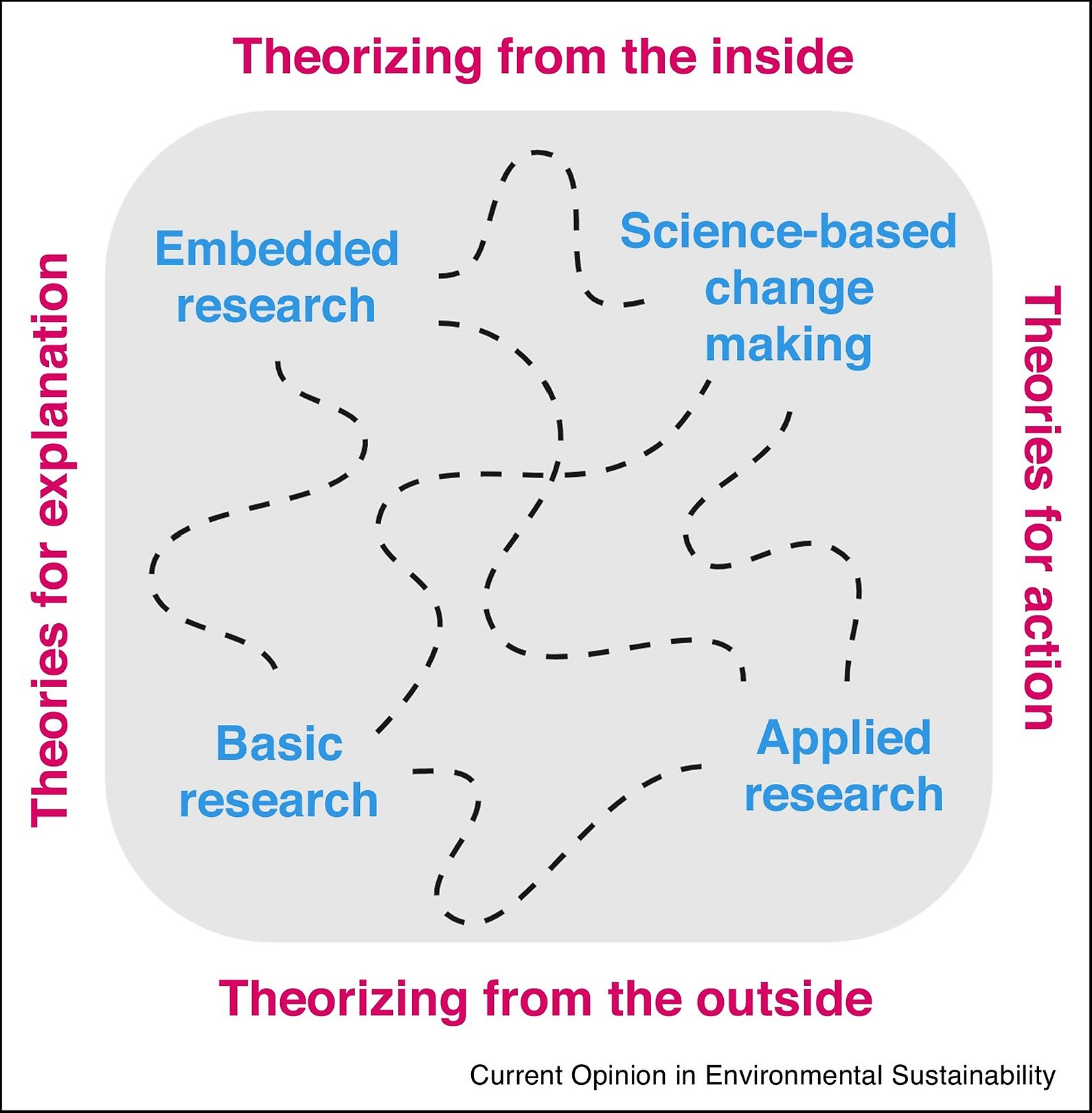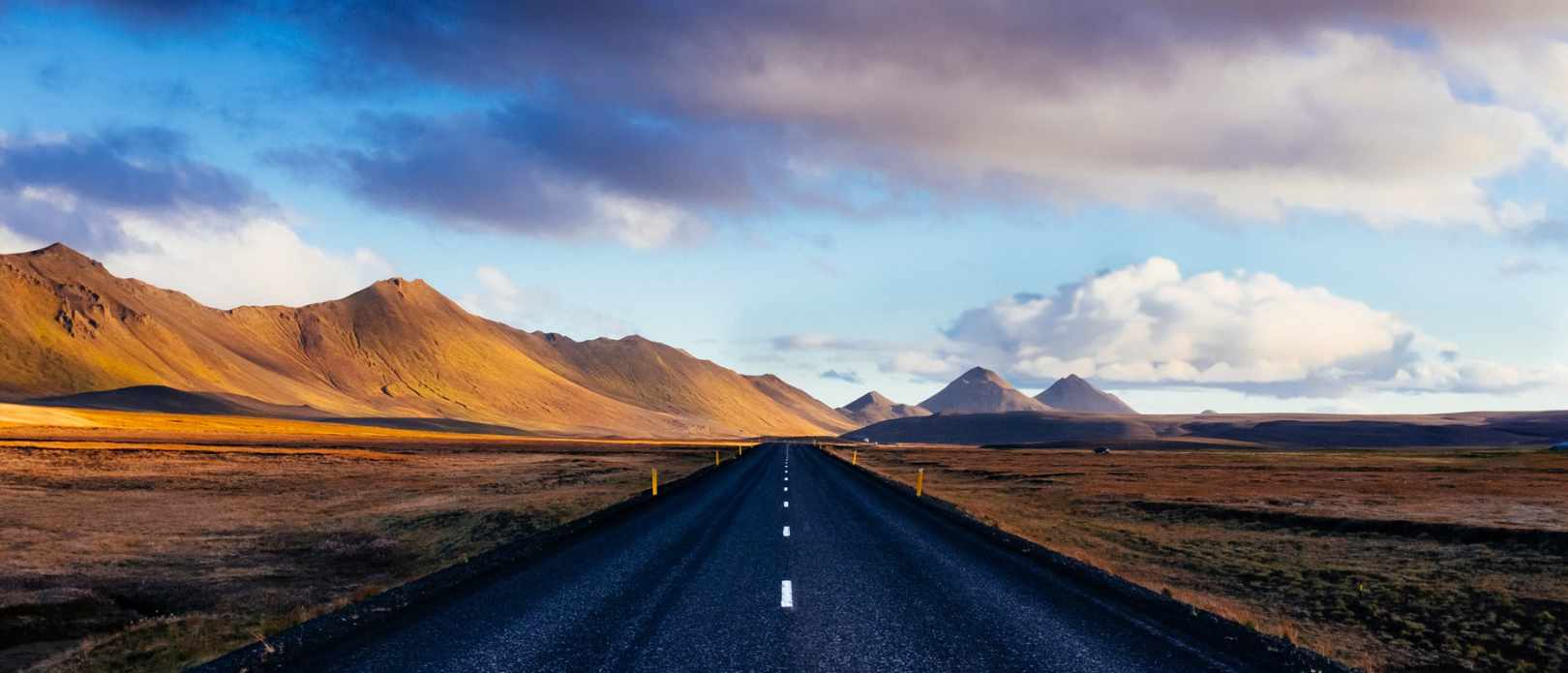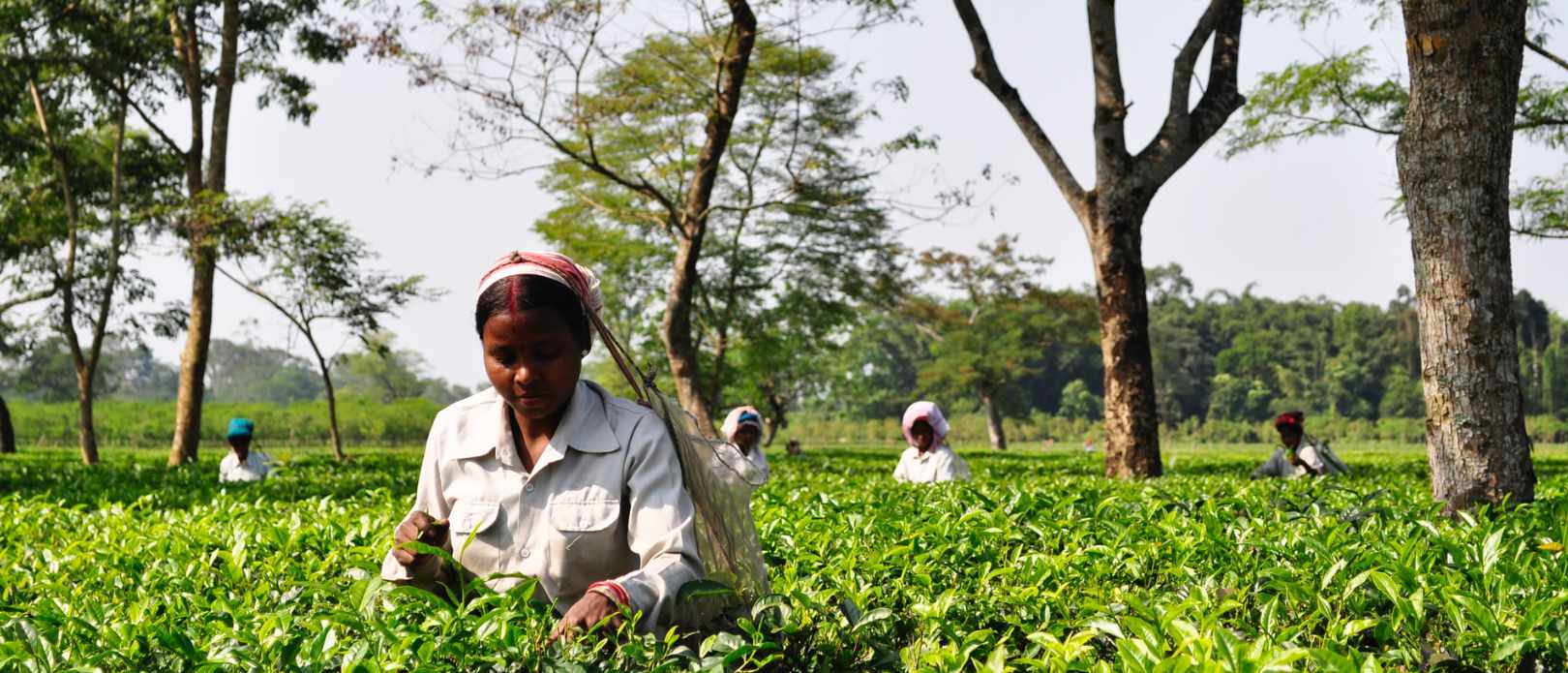SUSTAINABILITY SCIENCE
Innovative ways of theorizing in sustainability science
Study suggests four modes of building theories in sustainability science and the notion of ‘ecologies of theories’
• The complexity of sustainability problems requires rethinking how scientists build and make use of theories
• The paper looks into this issue through a meta-reflection and synthesis of the role of theories and theory building in sustainability science
• Four modes of building theories are proposed to better meet the challenges and needs of sustainability science
WHY CARE ABOUT THEORIES? How do we make theories useful for understanding complex sustainability problems and enabling transformative action in societies? And how are they developed?
These are the central questions in a paper published by several centre researchers together with colleagues from Australia, Belgium, South Africa, and USA.
The researchers describe the paper as a “meta-reflection and synthesis” of current and future roles of theories and ways of building theory in sustainability science that acknowledge complexity and the solution-oriented, transdisciplinary nature of the field.
The aim of the paper is to make the contribution of theories more explicit and contribute to improved ways of theorizing that rethinks the link between research and action in support of the needs of sustainability science.
Maia Schlüter, lead author
Four modes
The authors propose four modes of building theories, which they place in a figure with two gradients: one horizontal gradient that goes from explanation to action; and one vertical that depicts outside to inside theorizing (see figure below).
“Embedded research” and “science-based change making” are situated in the upper half of the figure because they happen inside the system or problem context.
“Basic research” and “applied research”, on the other hand, are placed in the lower part as they tend to occur outside of the system (or phenomenon) that the researchers seek to understand or act upon through research.
A new theory that comes out of one of these four modes is of course not set in stone, it will continue to evolve and contribute to shape its research field. This means that all theories are embedded in an evolving knowledge context, something the authors call the “ecology of theories”.

Four ideal-typical modes of theorizing within sustainability science. Projects or programs often move between the different modes as indicated by the dotted lines.
Bigger role for theorizing
The new synthesis paper is published in the journal Current Opinion in Environmental Sustainability, and is part of a thematic issue on future directions in environmental sustainability.
In this context, the authors foresee a larger future role for theorizing even in a field as sustainability science that describes itself as solution-oriented.
“While parts of sustainability science increasingly aim to co-create knowledge and engage in change processes within the system, the potential for theorizing in transdisciplinary research and change making processes has been too little recognized so far,” says co-author Kirill Orach.
Pinpointing the new work’s relevance to future directions in environmental sustainability, the authors emphasise its efforts to link theory and practice in more complexity-aware manners.
“By highlighting the potential of novel ways to theorize, this article may inspire new endeavours that mobilize and leverage theoretical work both in disciplinary science and in inter-disciplinary and trans-disciplinary research more generally,” they write.
Read "Why care about theories? Innovative ways of theorizing in sustainability science"
Schlüter, M., Caniglia, G., Orach, K., Bodin, Ö., Magliocca, N., Meyfroidt, P., Reyers, B. 2022. Why care about theories? Innovative ways of theorizing in sustainability science. Current Opinion in Environmental Sustainability Volume 54, February 2022, 101154, https://doi.org/10.1016/j.cosust.2022.101154








